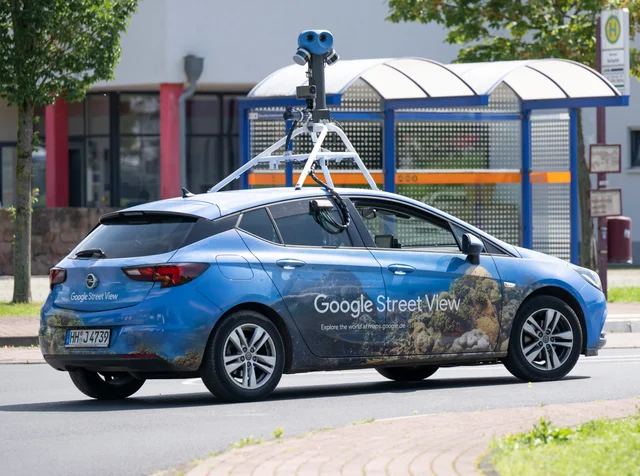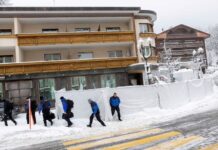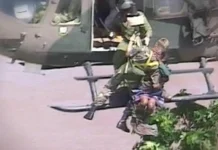A police officer in Argentina has been awarded approximately $12,500 in damages after a Google Street View camera captured an image of him naked in his own yard, an image that was subsequently broadcast on national television and widely circulated on social media.
According to a report by CBS News, the incident occurred in 2017 in a small town in Argentina, where the officer was unknowingly photographed while standing nude behind a 6.5-foot-high wall on his private property. Despite the height of the wall, the camera, mounted on top of a Google Street View vehicle, managed to capture a clear image of the man’s bare backside.
The photo was later uploaded to Google Maps, where users could freely view it. The image not only revealed the officer’s nudity but also included his house number and street name, making him easily identifiable. Argentine media outlets picked up the story, broadcasting the image on television, which triggered a wave of online sharing and ridicule.
The officer, whose identity was not publicly disclosed, argued that the incident severely impacted his dignity and personal privacy, prompting him to file a lawsuit against Google seeking compensation for emotional and reputational harm.
While a lower court initially dismissed his case in 2023, a panel of appeals judges reversed that decision, stating that “the man’s dignity had been flagrantly violated.” The court found that the publication of the image, particularly in conjunction with identifiable location information, constituted a serious breach of privacy.
As a result, the appeals court ordered Google to pay damages equivalent to about $12,500 in Argentine pesos.
Google has not yet commented publicly on the ruling.
The case has sparked broader debate in Argentina over the limits of digital mapping technologies and the responsibilities of tech companies in protecting the privacy of individuals, even in public or semi-public spaces. Legal experts say the ruling could set an important precedent in privacy rights cases related to inadvertent exposure by automated camera systems.
Written By Rodney Mbua



















